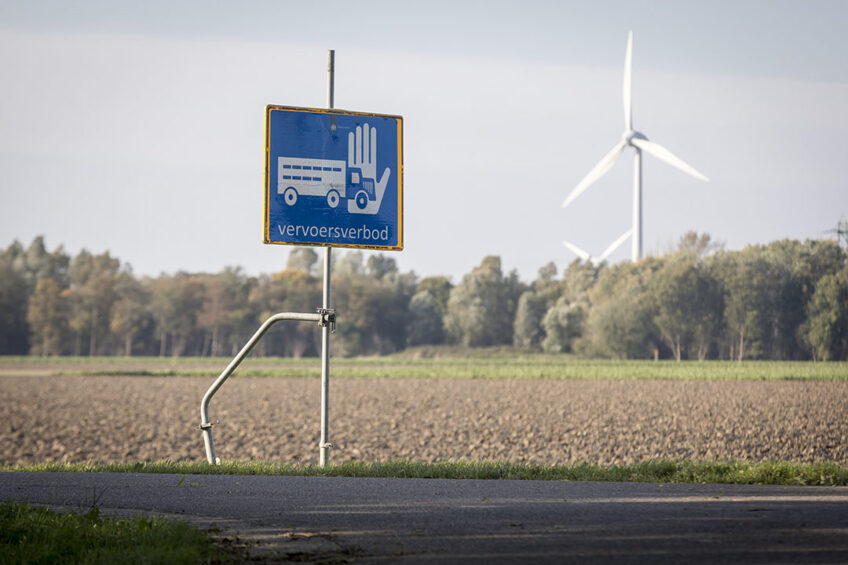Europe faces largest bird flu epidemic ever

While media coverage revolves around the Covid-19 pandemic, Europe is struggling with its largest bird flu epidemic ever, the German animal health institute Friedrich-Loeffler-Institut told Germany’s largest news agency, DPA. More importantly, the end of the bird flu epidemic is not yet in sight, according to FLI.
The Friedrich-Loeffler-Institutreporte (FLI) is warning that the situation is developing more dramatically than last winter, and that spring is still a long way away. New cases are reported every day, either in wild birds or on farms. The distribution area is also large.
Bird flu diagnosed 675 times in Europe
Since October, the virus has been detected 675 times in wild birds, and 534 outbreaks have been reported in domestic (backyard and commercial) animals. In addition, the virus has also been detected in mammals in several countries: in foxes in the Netherlands and Finland, in seals in Germany and Sweden, and in otters in Finland.
Dutch poultry organisation, Avined, also warns that the situation in Europe remains very tense. In recent days, outbreaks have been identified at a large layer farm in Veurne, Belgium, and at a turkey farm. There was also an outbreak of bird flu reported at a backyard farm in Germany. Cases also continues to rise in the UK: 57 outbreaks have now been reported, the most recent 2 on 28 December. In addition, Portugal and Slovenia also recently reported contamination to the world animal health organization, OIE.
Bird flu here to stay
Avian flu is widespread and no longer as seasonal as it once seemed. Therefore, solutions should be considered other than the constant culling of poultry the moment the virus appears in a barn somewhere. This is what Kees de Jong, chairman of the poultry department of the agricultural and horticultural organization, LTO Nederland, said in a reaction to German research into bird flu. According to him, a vaccine could offer solace.
German researchers at the FLI, a government animal welfare research institute, argue that Europe has never before experienced such a severe outbreak of bird flu. De Jong endorses the FLI’s conclusions. Previously, the virus appeared mainly in countries with a lot of waterbodies, such as the Netherlands. This often only happened during the migration season, so in the last months of the year. Now, the virus also appears in drier areas and is present all year. For example, the virus was discovered in nests with young birds last spring.
Bird flu vaccine
De Jong points out that large pharmaceutical companies are working on a vaccine against the virus. According to him, not all countries want to introduce a vaccine strategy. There are concerns about the safety of meat and eggs from vaccinated animals. But now that the virus is spreading so fast, more and more countries are also seeing the need. According to him, the products of vaccinated animals are safe for consumption. In the near future there will be trials with vaccines in the Netherlands, Belgium and France, among others. In France, the virus is causing problems especially for ducks.
Author:
Kirsten Graumans/ANP












